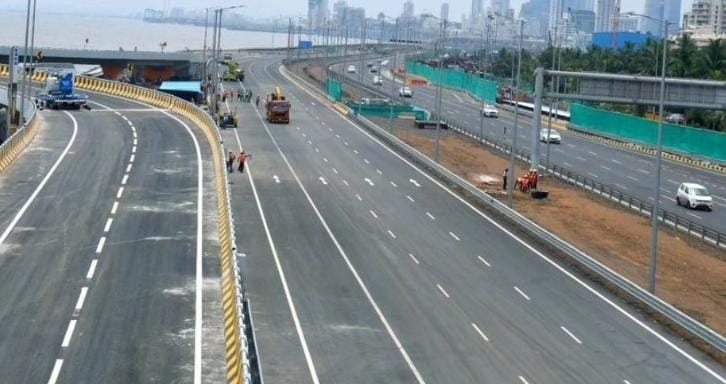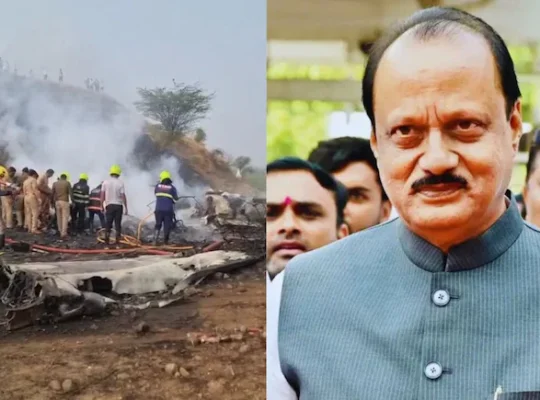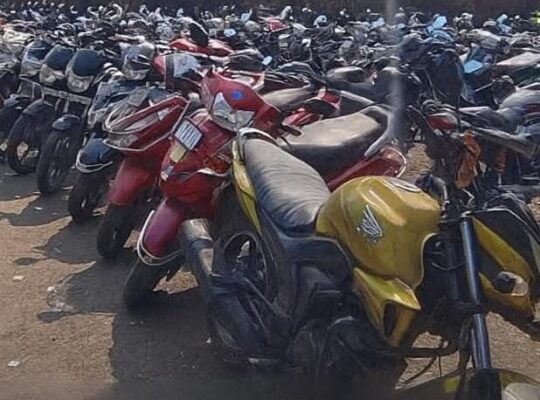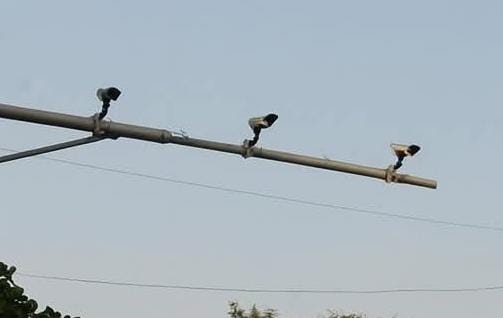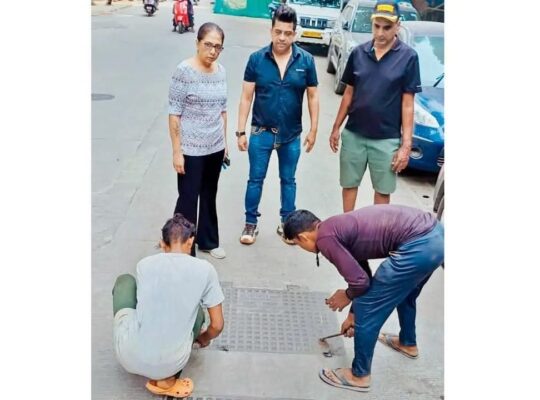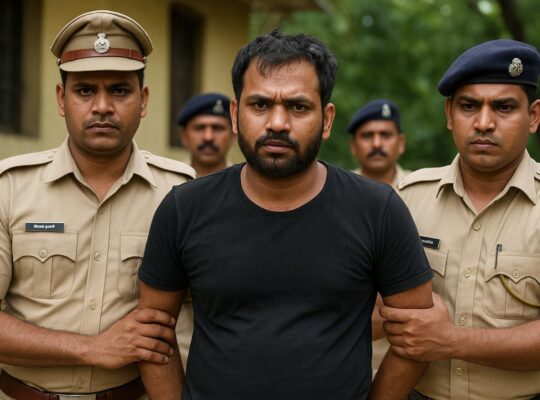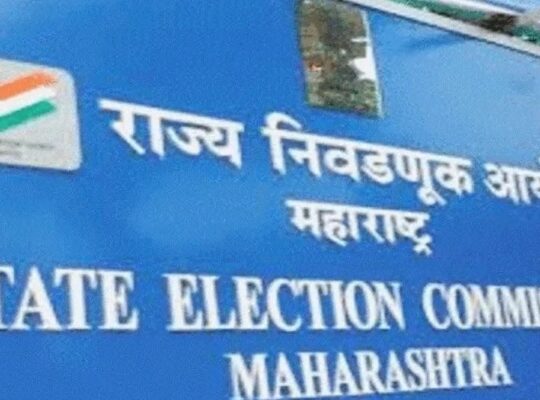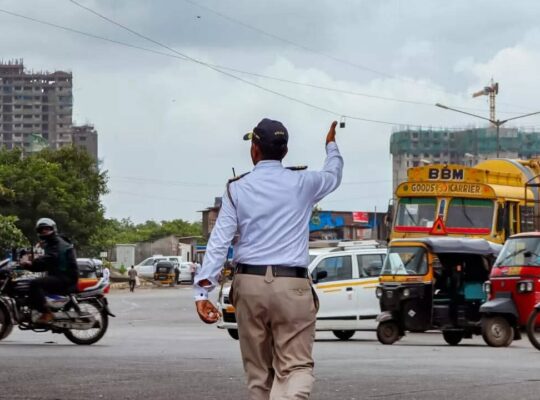Mumbai, July 1: In a significant boost to Mumbai’s infrastructure ambitions, the Union Ministry of Environment, Forest and Climate Change (MoEFCC) has granted Coastal Regulation Zone (CRZ) clearance for the northern extension of the Mumbai Coastal Road—a key stretch running from Versova to Dahisar. The ₹22,000-crore mega project, executed in seven packages by the Brihanmumbai Municipal Corporation (BMC), now enters a critical pre-construction phase.
Chief Minister Devendra Fadnavis, championing the project, revealed the state government’s plan to develop a new business district on approximately 165 hectares of government-owned land adjacent to the northern coastal corridor. The envisioned hub, comparable in scale and impact to the Bandra-Kurla Complex (BKC), is expected to revitalize Mumbai’s northern economic landscape.
To fund long-term operations and maintenance, the government will focus on revenue-generating infrastructure such as premium hoardings and land monetization. Fadnavis assured that stringent mangrove conservation and restoration measures would be integrated into the roadmap to ensure ecological balance.
Construction is expected to begin post-monsoon, with the Versova–Dahisar section targeted for completion by December 2028, and the Dahisar–Bhayandar segment likely to follow in August 2029.
However, the project is not without legal and environmental headwinds. Experts have raised concerns over compliance with the CRZ Notification (2019) and the Environment Impact Assessment (EIA) norms (2006), which strictly regulate development in sensitive coastal zones. Notably, commercial activity on the seaward side of new infrastructure is typically prohibited—posing a potential barrier to the proposed business hub.
In a related development, the MoEFCC has also cleared plans for integrating a helipad at Worli Jetty and completing the Haji Ali interchange. This final southern segment of the Coastal Road includes a 550-metre underpass and a landscaped, reclaimed stretch spanning 70 hectares between Nepean Sea Road and Worli. Backed by private investment estimated at ₹1,000 crore, this section will not require BMC funding, and is envisioned as a modern multimodal mobility corridor.
As the Mumbai Coastal Road evolves from blueprint to reality, its next phase could reshape not just transport but urban commerce, real estate, and environmental governance in India’s financial capital.

